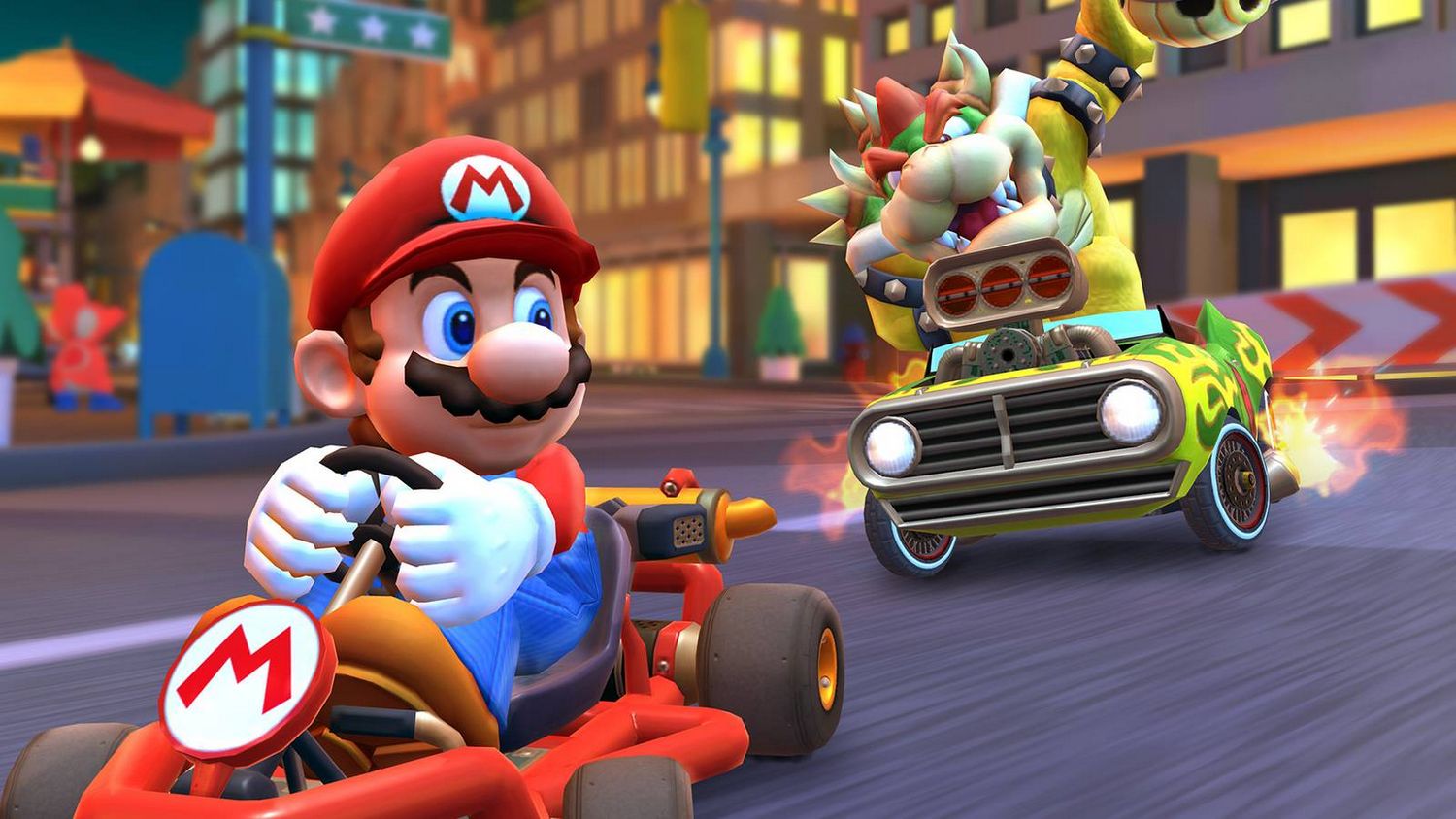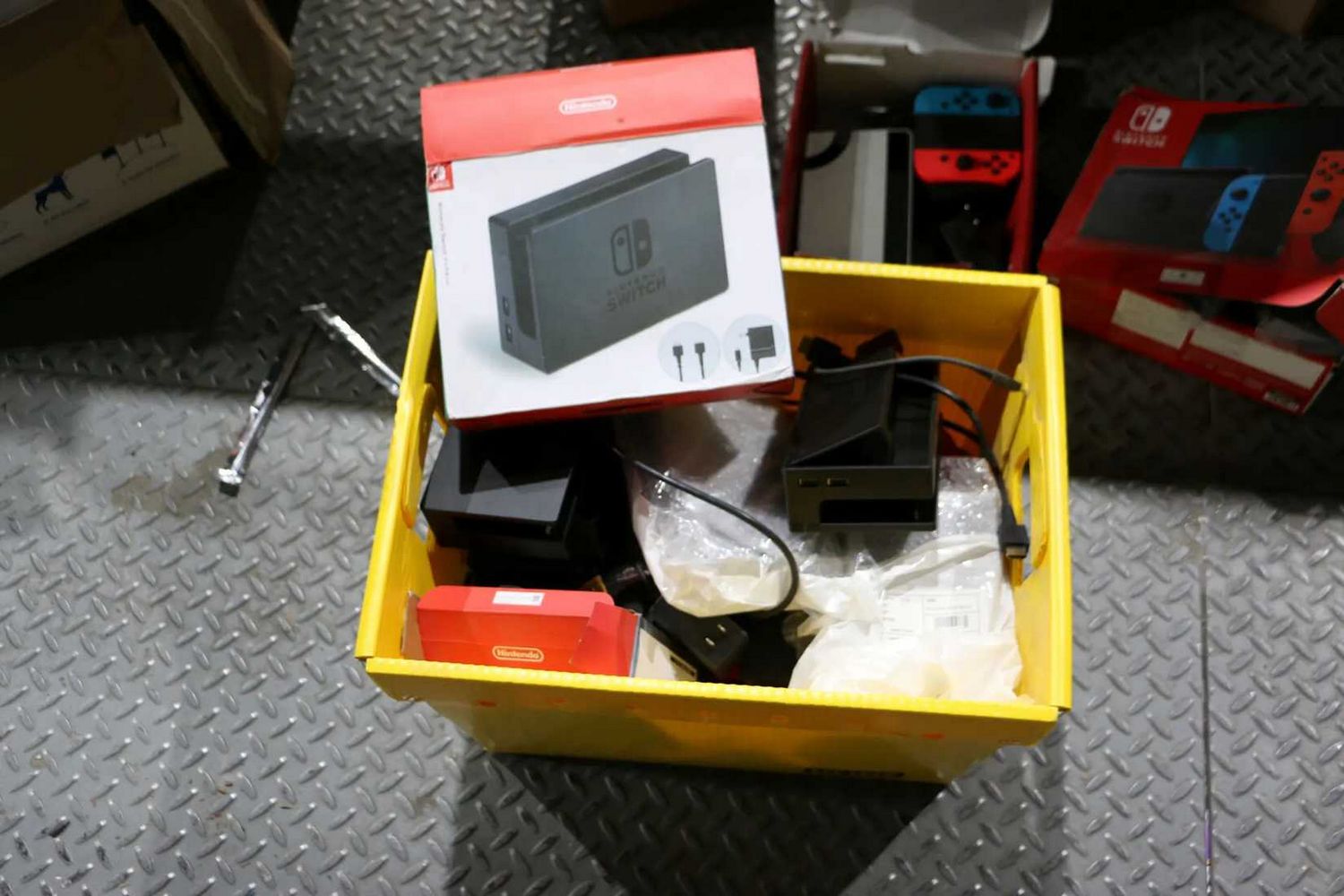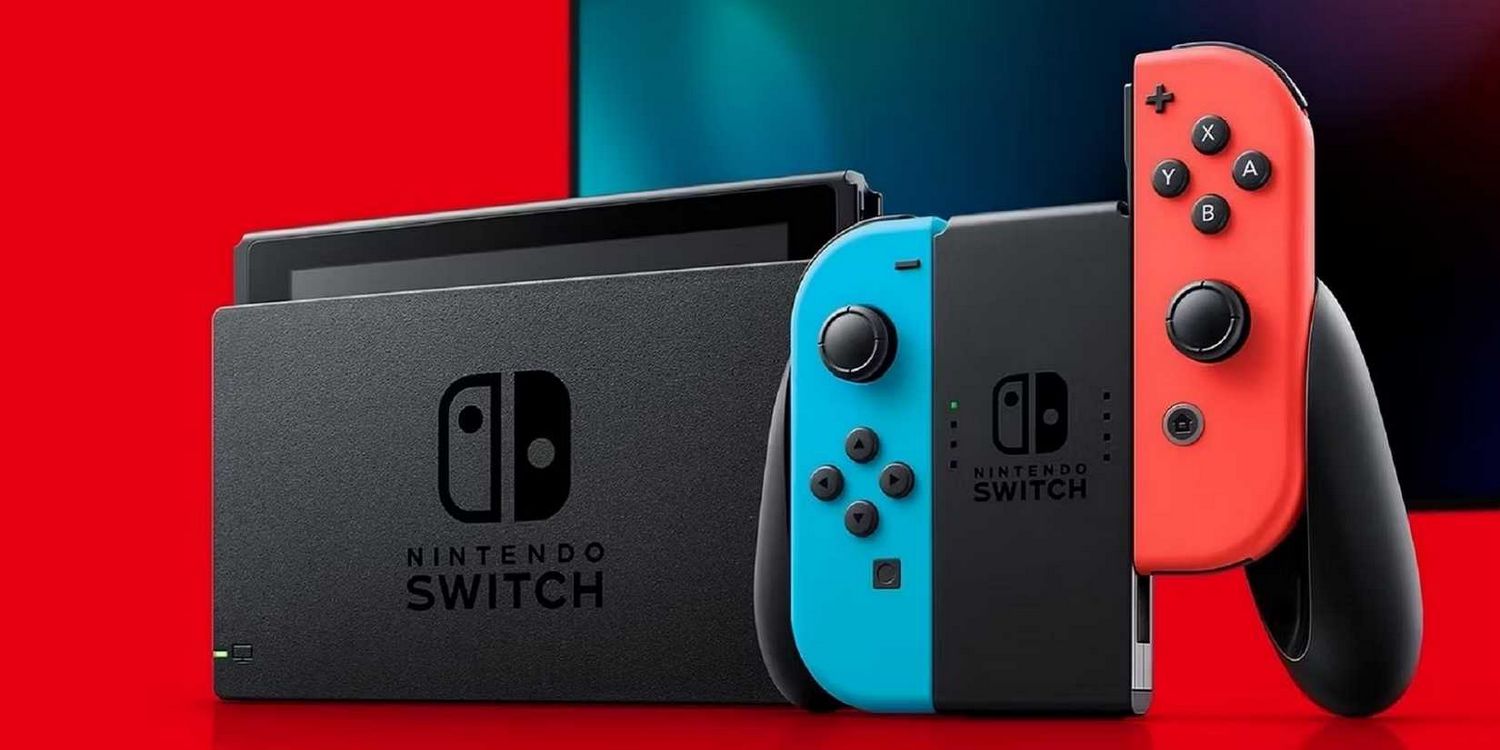Counterfeit Gaming Empire Crumbles: Man Arrested in $2 Million Nintendo Scam
Popular Now
 Schedule I
Schedule I
 FIFA 23
FIFA 23
 EA SPORT FC 25
EA SPORT FC 25
 Minecraft
Minecraft
 Black Myth: Wukong
Black Myth: Wukong
 Rust
Rust
 Roblox
Roblox
 NBA 2K24
NBA 2K24
 Gacha Club
Gacha Club
 Toca Boca World
Toca Boca World
 In a major victory for intellectual property rights and consumer protection, authorities have dismantled a sophisticated operation responsible for the sale of over $2 million in counterfeit Nintendo products. The arrest of a Long Island man, Isaac Lapidus, highlights the growing threat of fake electronics sold through prominent online marketplaces and serves as a stark warning to both consumers and illicit sellers.
In a major victory for intellectual property rights and consumer protection, authorities have dismantled a sophisticated operation responsible for the sale of over $2 million in counterfeit Nintendo products. The arrest of a Long Island man, Isaac Lapidus, highlights the growing threat of fake electronics sold through prominent online marketplaces and serves as a stark warning to both consumers and illicit sellers.
The investigation, a collaborative effort between law enforcement and Amazon’s internal security team, revealed a years-long scheme that duped thousands of unsuspecting customers. The case, brought to light by a flood of customer complaints and negative reviews on the e-commerce giant’s platform, exposes the immense scale and potential dangers of the counterfeit gaming industry.
The Anatomy of a High-Stakes Counterfeit Operation
According to the Nassau County District Attorney’s office, the accused, a 34-year-old resident of Lawrence, New York, allegedly sold hundreds of thousands of counterfeit Nintendo accessories, including highly sought-after Nintendo Switch docking stations, adapters, and Pokémon Go Plus accessories. The fraudulent products were imported from overseas, primarily from China and the Philippines, and then stored in a warehouse in Island Park, New York, before being shipped directly to consumers.
The sheer volume of the operation is staggering. Prosecutors estimate that Lapidus sold over 200,000 fake Nintendo Switch docking stations, 10,000 docking station adapters, and more than 15,000 Pokémon Go Plus accessories. This extensive network of distribution enabled the scheme to generate over $2 million in revenue, demonstrating the immense profit potential of counterfeit electronics.
 A Small But Sophisticated Network: Authorities described the operation as “small but sophisticated.” The accused allegedly utilized multiple Amazon seller accounts, including “PandaVida Inc.,” “Unibabe,” and “Zuzu Cares 4 U,” to peddle the fake goods. This strategy of using multiple storefronts is a common tactic among illicit online sellers, designed to evade detection and create a sense of legitimacy for their products. These accounts, however, were ultimately flagged by Amazon due to the high volume of customer returns and poor product reviews.
A Small But Sophisticated Network: Authorities described the operation as “small but sophisticated.” The accused allegedly utilized multiple Amazon seller accounts, including “PandaVida Inc.,” “Unibabe,” and “Zuzu Cares 4 U,” to peddle the fake goods. This strategy of using multiple storefronts is a common tactic among illicit online sellers, designed to evade detection and create a sense of legitimacy for their products. These accounts, however, were ultimately flagged by Amazon due to the high volume of customer returns and poor product reviews.
Consumer Complaints and the Dangerous Reality of Fake Electronics
The investigation was initially triggered by a high number of complaints from consumers who had purchased the fraudulent products. Customers reported a range of issues, from poor build quality to complete product failure. Experts and law enforcement officials have also raised serious concerns about the potential safety hazards of these counterfeit electronics.
The Dangers of Counterfeit Consoles and Accessories: Unlike authentic, officially licensed products, counterfeit electronics are not subject to the same rigorous safety testing and quality control. According to law enforcement and corporate trainers from legitimate electronics retailers, the components used in fake electronics are often subpar, leading to issues such as overheating, short circuits, and even the risk of fire. This case serves as a critical reminder that while a deeply discounted price might seem like a bargain, it could be a dangerous gamble with both your property and personal safety.
 How to Spot Counterfeit Gaming Gear and Protect Your Investment
How to Spot Counterfeit Gaming Gear and Protect Your Investment
With the rise of online marketplaces, consumers must be more vigilant than ever to avoid falling victim to counterfeit schemes. Here are some key red flags to look for when buying video game consoles and accessories:
- Price That’s Too Good to Be True: If a product is listed at a price significantly below the market value or official retail price, it is a major red flag. Counterfeiters often use small discounts to lure customers while still maintaining a high profit margin.
- Subpar Packaging and Branding: Authentic products come in high-quality packaging with clear, crisp logos and official branding. Counterfeit items often have low-quality printing, misspelled words, or logos that are slightly off.
- Unverified Sellers and Vague Listings: Always check the seller’s storefront and reviews. Be cautious of new sellers with little to no feedback. Authentic brands and products are almost always sold by authorized retailers or have a long, verifiable sales history with positive reviews.
- Missing or Inconsistent Accessories: Check the official product specifications and compare them to what is included in the package. Counterfeit items may come with cheap, generic accessories or be missing key components.
- Poor Build Quality: Genuine video game consoles and accessories feel solid and well-made. Counterfeit products often feel light, flimsy, or have rough edges due to the use of low-grade materials.
The Ongoing Battle Against Counterfeit Goods
This arrest is part of a larger, ongoing effort by manufacturers and law enforcement agencies to combat the global trade in counterfeit goods. The charges against the accused, which include trademark counterfeiting and conspiracy, carry significant penalties, with the defendant facing up to 15 years in prison if convicted. While the investigation is still ongoing and more arrests could follow, this case sends a strong message to others engaged in similar fraudulent activities.
The incident also underscores the importance of a symbiotic relationship between e-commerce platforms like Amazon and intellectual property holders like Nintendo. By actively monitoring customer complaints and sales data, these platforms can play a crucial role in identifying and shutting down illicit operations. For consumers, the message is clear: the only way to ensure the authenticity and safety of your purchase is to buy from reputable and authorized sellers. The game of cat and mouse between counterfeiters and brand protection teams continues, but this latest takedown is a significant win for all players in the legitimate gaming world.









